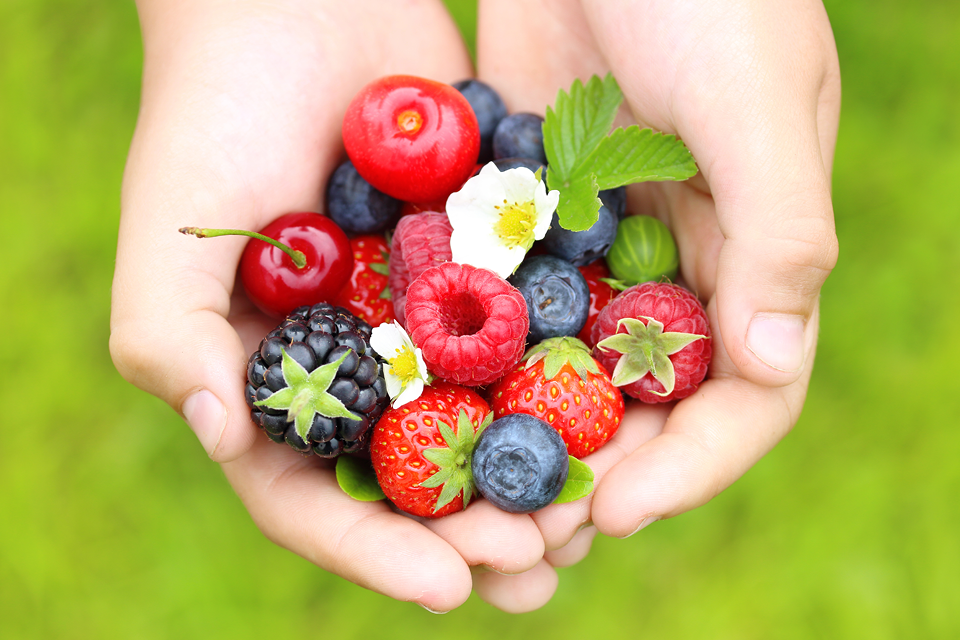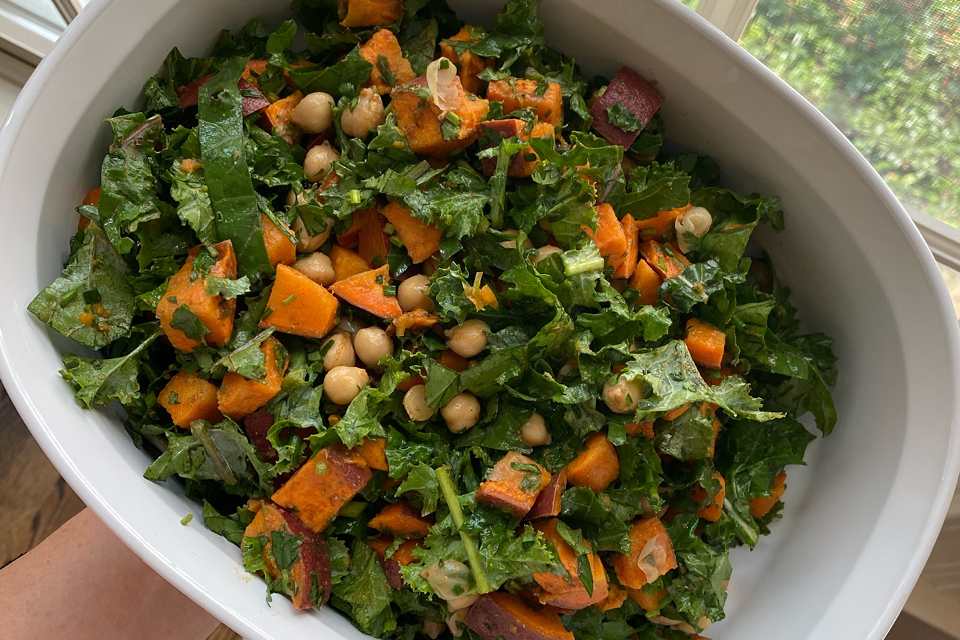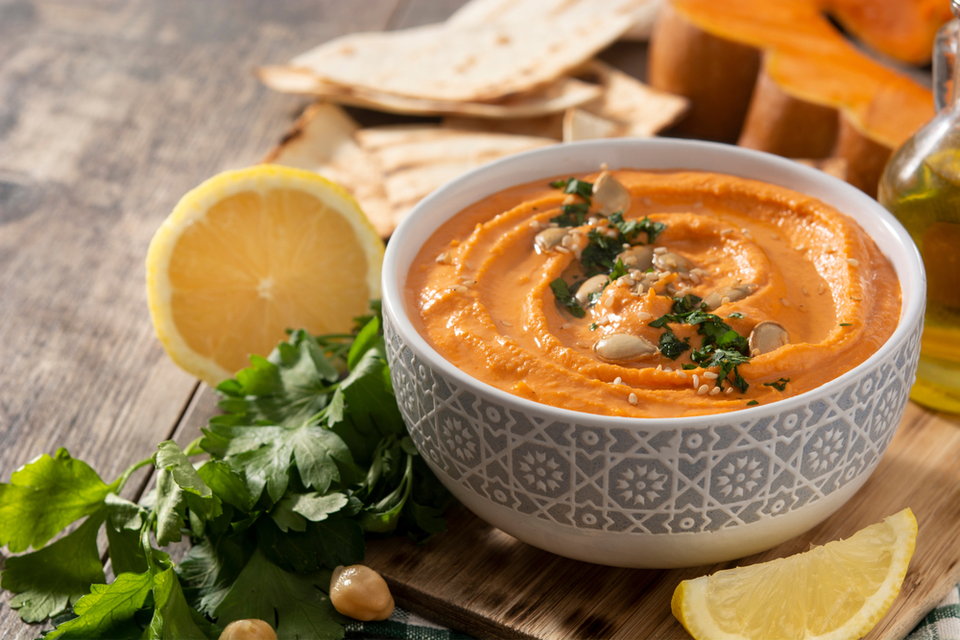Are 300 calories from chicken equivalent to 300 calories from ice cream? For the majority of you, the answer is going to be no. Some of you may even find yourself not sure on what the answer is. One thing that we can probably agree on is that calories play a significant role in body-weight management.
What is a calorie exactly? A calorie is the amount of heat energy used to raise the temperature of one gram of water by one degree Celsius. A calorie measures energy released by food as it is digested by the human body.
We need energy to sustain life and support function. With the energy we take in, we are expected to burn that energy in our daily activities (in other words, we should be burning the energy that we take in or “consume”).
If we take in 4,000 calories and we burn 4,000 calories each day, we will maintain our weight. This equal energy balance is known as a Maintenance Level of Calories.
When we burn more than we consume, we are in a negative energy balance. The opposite goes for burning less than we consume, which is a positive energy balance. Energy balance is paramount to achieving fat loss or muscle gain.
At this point, calories may seem equal right to you, but we still haven’t discussed nutrients and their roles in metabolism and satiety.
If you read a food label, you'll see the total calories at the top. The total calories are the sum of the macronutrient values within the product. Macronutrients are protein, total carbohydrates, and total fats. Protein and carbohydrates contain 4 calories for every gram, while fat contains 9 calories per gram.
DON'T MISS: The Skinny On Fasted Cardio
Even after ingesting calories, our bodies need additional energy to burn the consumed nutrients. The energy used to burn these nutrients is known as the Thermal Effect of Food.
Protein actually has a higher thermal effect of all of the macronutrients as 20–30% of the calories from protein go towards metabolizing it. Protein allows for greater muscle retention, and is also linked to a higher satiety or fullness factor. A higher satiety factor will help you refrain from overconsumption of foods that are less filling and calorie-dense, i.e., 100 calories from chicken compared to 100 calories from orange juice.
Sure, a calorie will always technically be a calorie. The same can be said for any unit of measure. However, the interaction calories from specific nutrients have in our bodies varies.
It is essential to know that nutrients impact energy balance in different ways. Each macronutrient plays a specific role in energy production, performance, and hormonal balance.
Protein has many benefits. However, when the goal is to gain muscle or lose body fat, nutrients should be distributed intelligently to enhance athletic performance and remain specific to the individual and their goals.
– By Brian Devins CPT, PN1, Owner/Coach Upstate Empire Fitness, LLC.








